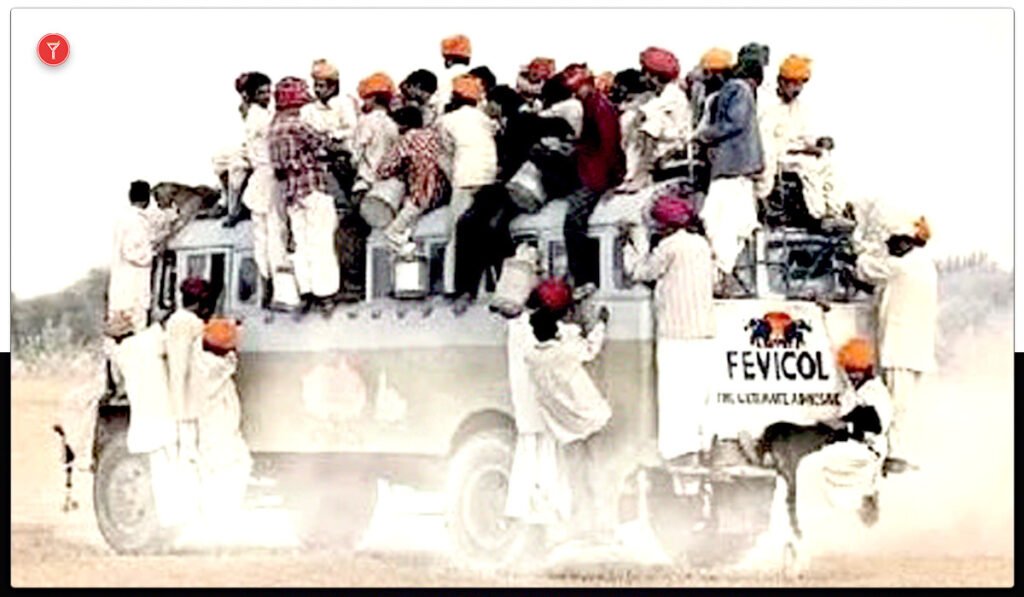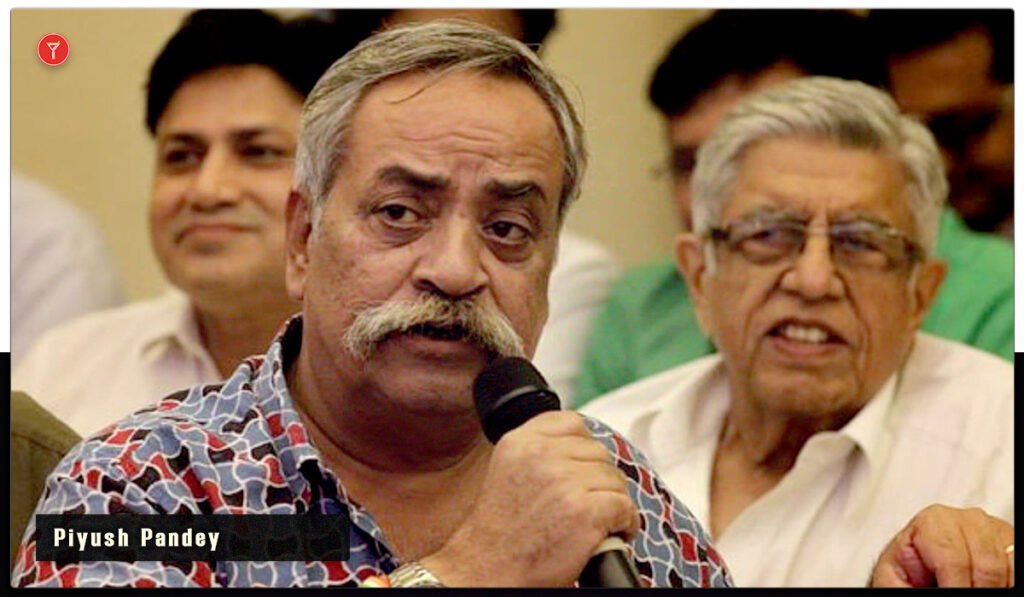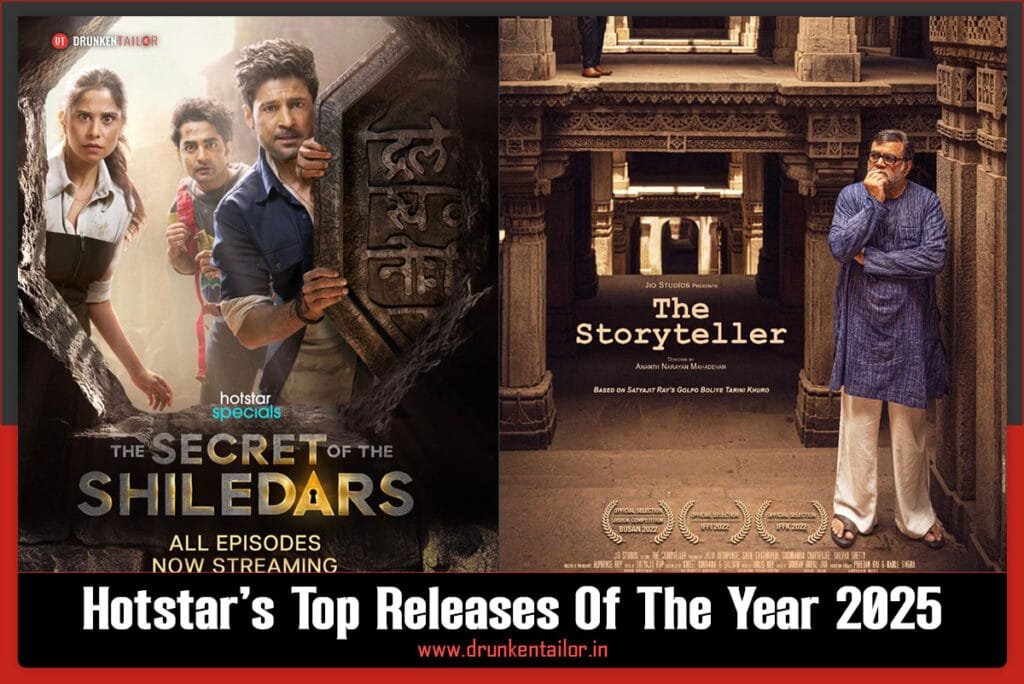Piyush Pandey, the legendary Indian adman who gave modern advertising its distinct Indian voice, has passed away at 70, prompting an outpouring of tributes from leaders in government, business, and the global creative community. The former Ogilvy Worldwide Chief Creative Officer and Executive Chairman–India died after battling an infection, with last rites scheduled in Mumbai as the industry mourns an irreplaceable creative force.
Piyush Pandey passes away at 70: India’s ad world loses its voice
Piyush Pandey died at the age of 70, with news organizations and Ogilvy colleagues confirming the end of an era for Indian advertising that he helped define over four decades. Reports indicate he had been suffering from an infection, with funeral arrangements in Mumbai drawing colleagues, clients, and admirers from across the creative and corporate spectrum.
Breaking news and key details
The voice of Indian advertising, as several tributes described Piyush Pandey, passed away on Friday, closing a chapter that reshaped how brands spoke to India in its own idioms and emotions. Ogilvy noted he had been battling an infection that took a serious turn, and his last rites are slated for Shivaji Park in Mumbai, where industry leaders plan to gather in homage. Widely honored, he received the Padma Shri in 2016 and the LIA Legend Award in 2024, underscoring his influence at home and globally.
About Piyush Pandey
Born in Jaipur in 1955, Piyush Pandey joined Ogilvy in 1982, moving from account management to the creative department within six years, where his storytelling instincts reshaped the country’s ad language. He rejected an English-first template and brought colloquial Hindi and cultural textures into mainstream brand narratives, making ads feel authentic and distinctly Indian. Over the years he rose to Executive Chairman–India and Worldwide Chief Creative Officer, mentoring generations and building Ogilvy India into a creative powerhouse.

Landmark campaigns and cultural moments
- Fevicol and Fevikwik: From the “bus stuck with Fevicol” classic to everyday-India humor, these ads made “jod” a cultural metaphor for unbreakable bonds.
- Cadbury Dairy Milk: The “Kuch Khaas Hai” cricket-field celebration turned chocolate into a symbol of unbridled joy and broke category conventions with its emotional sweep.
- Asian Paints: “Har Ghar Kuch Kehta Hai” reframed paint as emotion and memory, not just color, giving the brand a storytelling canvas beyond walls.
- Hutch/Vodafone: The “You & I” pug and the later ZooZoos activated charm, simplicity, and lovable characters to humanize telecom in India.
- Public service: “Do Boond Zindagi Ke” polio campaigns with Amitabh Bachchan demonstrated that persuasion and purpose can coexist at scale.
- Political communication: The 2014 slogan “Abki Baar, Modi Sarkar” became an election-defining phrase, showcasing his command over public sentiment.
- Cultural touchstone: “Mile Sur Mera Tumhara,” which he was associated with and even sang on, endures as a national-integration anthem in public memory.
Reactions from leaders in India
President Narendra Modi mourned the loss, calling Piyush Pandey’s contribution “monumental” and noting he would cherish their interactions, a tribute echoed across government and media. Finance Minister Nirmala Sitharaman and Commerce Minister Piyush Goyal saluted his creative genius and human warmth, highlighting how his work blended everyday idiom with timeless storytelling. Business leaders including Anand Mahindra, Uday Kotak, and Gautam Adani remembered his zest for life, strategic insight, and the cultural confidence he gave Indian brands.

Global tributes and industry voices
Sir Martin Sorrell called him a “real Indian tiger” and a creative titan whose influence traveled well beyond India’s borders, underscoring his global stature in advertising. Ogilvy’s internal messages reflected profound grief at losing a leader who mentored generations and defined the agency’s earned-first creative ethos in India, especially as recognized through honors like the LIA Legend Award. Journalists and commentators across platforms described him as the “father of Indian advertising,” noting how his work changed both the language and the grammar of brand communication.
Piyush Pandey’s impact on brands and storytelling
By centering human truth, cultural nuance, and humor, Piyush Pandey rebuilt trust between brands and audiences, making commercials feel like conversations rather than lectures. His approach elevated ‘everyday India’ into prime-time poetry, with Fevicol, Cadbury, Asian Paints, and Hutch/Vodafone becoming case studies in durable brand love and recall. Under his leadership, Ogilvy India repeatedly topped creative rankings and set benchmarks for effectiveness rooted in empathy and insight.
Final farewell and what lies ahead
His last rites in Mumbai will bring together family, colleagues, and admirers to remember a mentor whose laugh, moustache, and insistence on human stories set a north star for creatives nationwide. As India Inc and the global ad fraternity reflect, the consensus is simple: the “Fevicol ka jod” between Piyush Pandey and Indian culture will not break, because the stories he told now belong to everyone.

